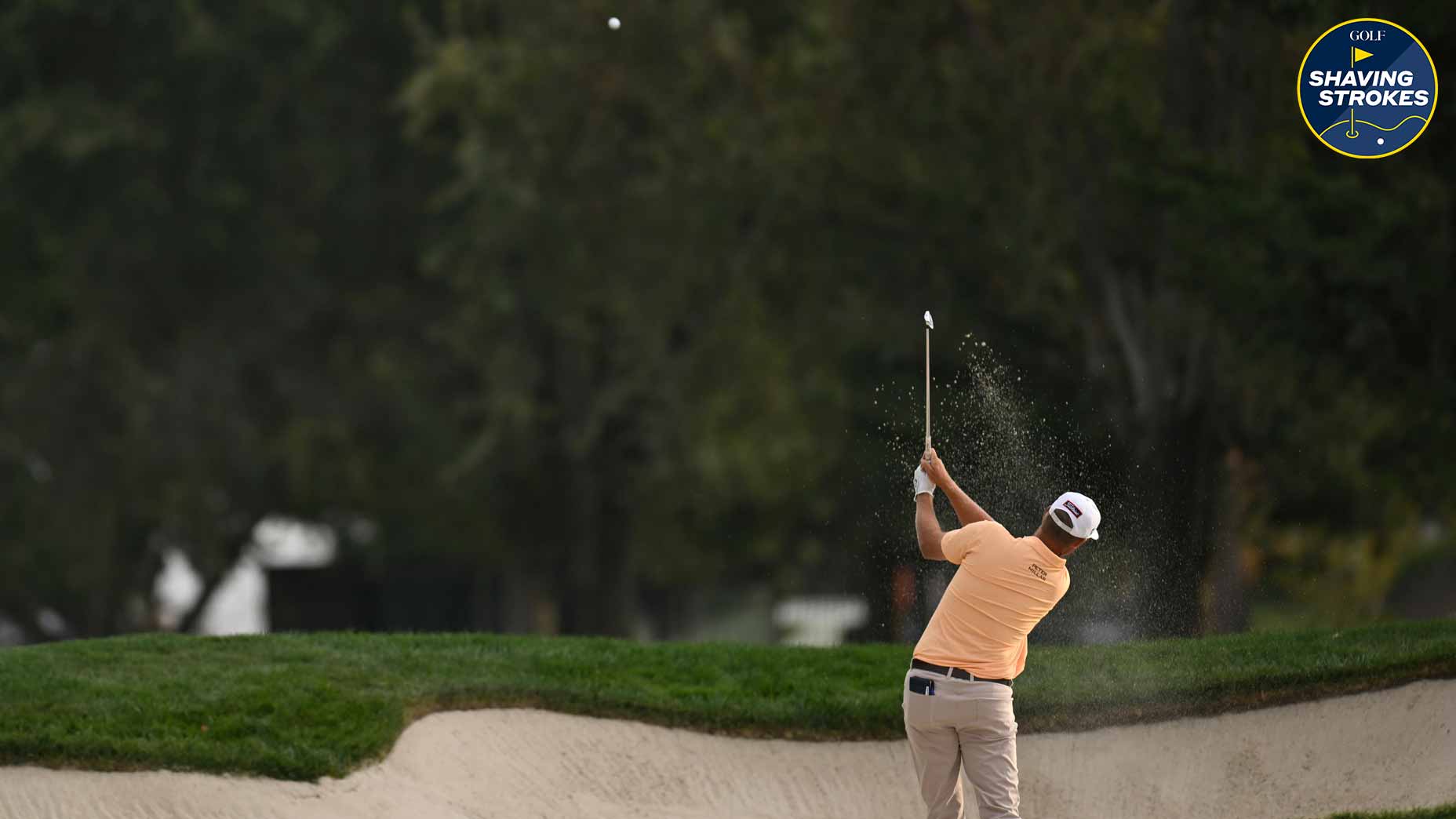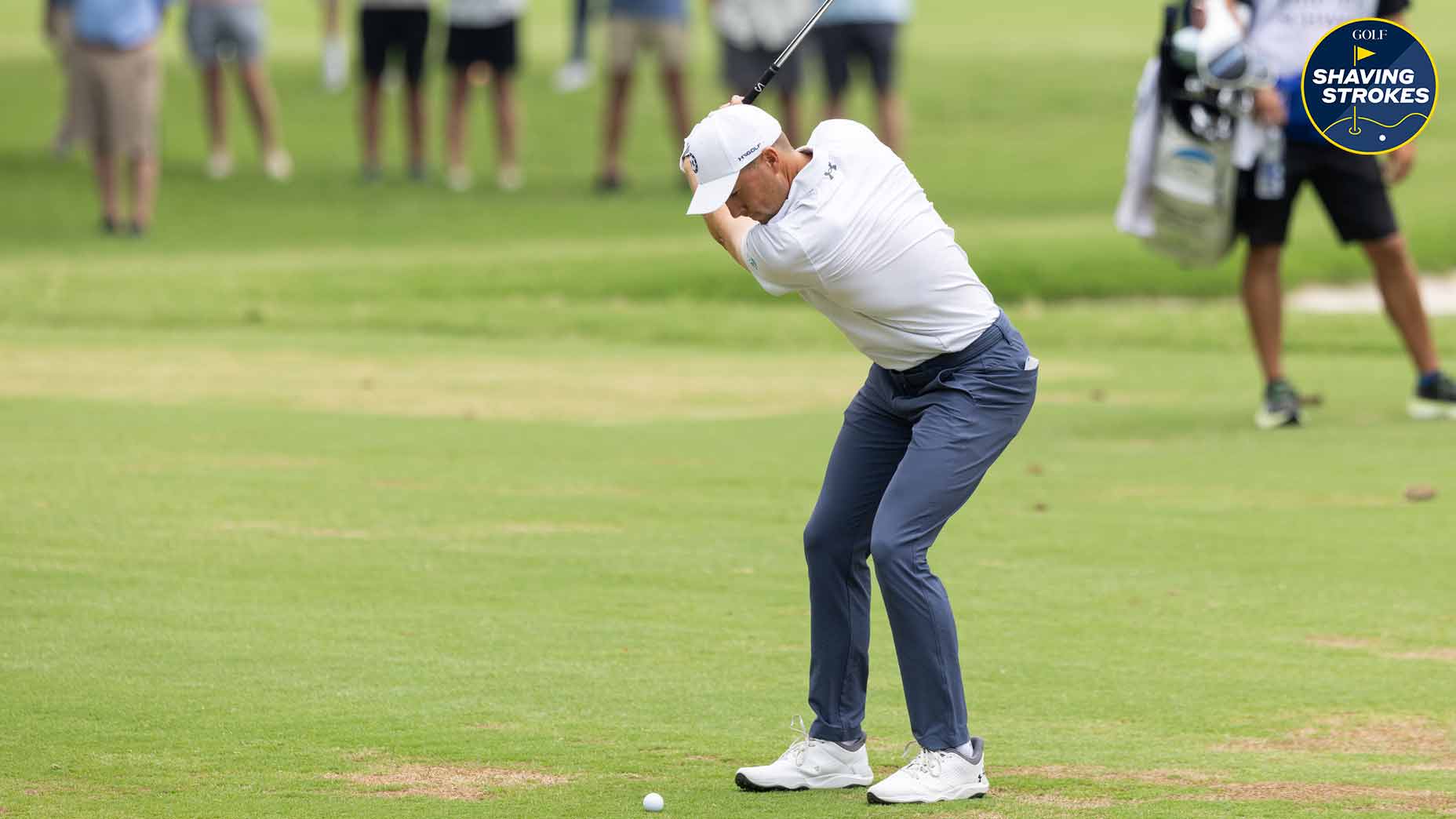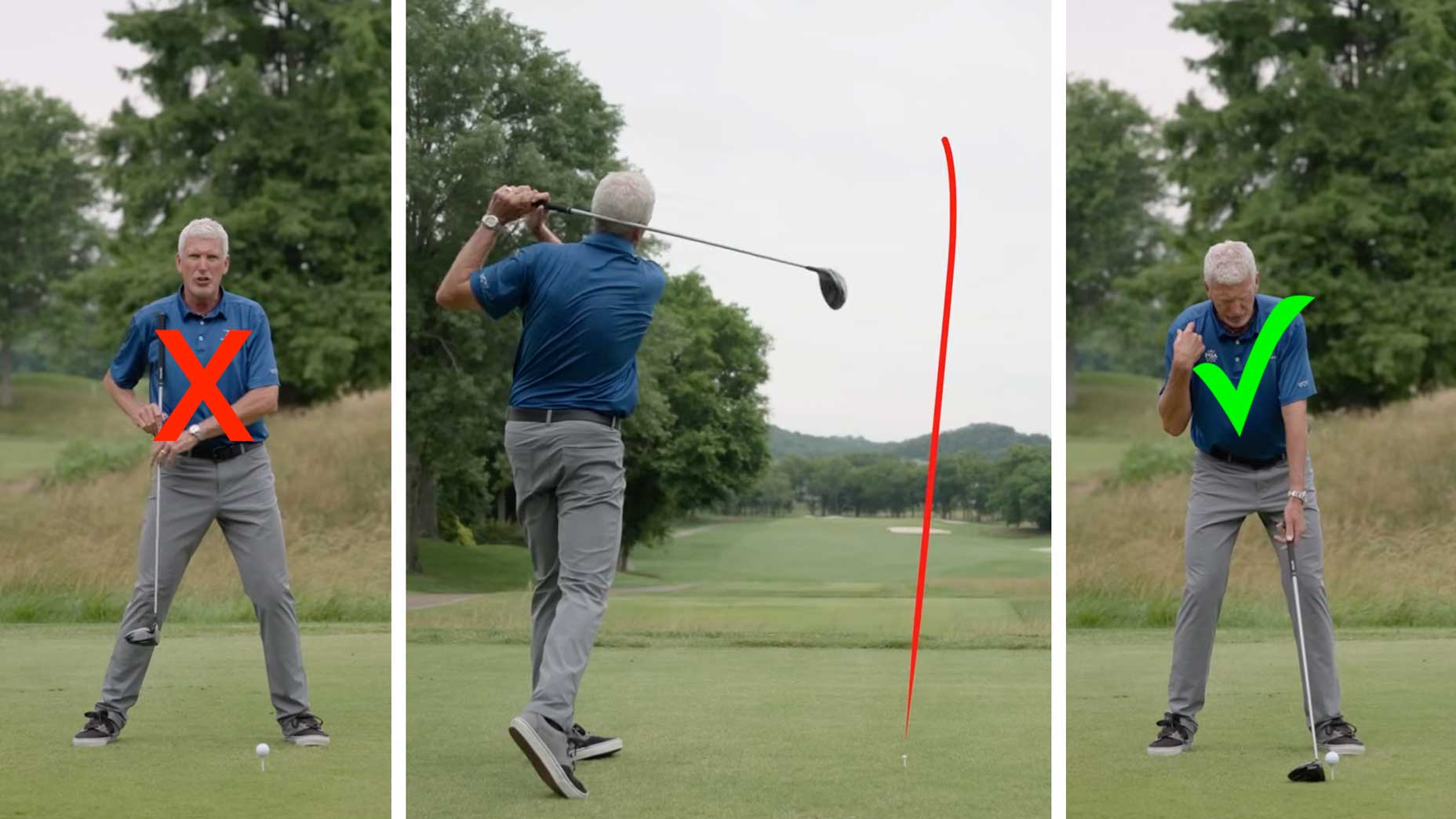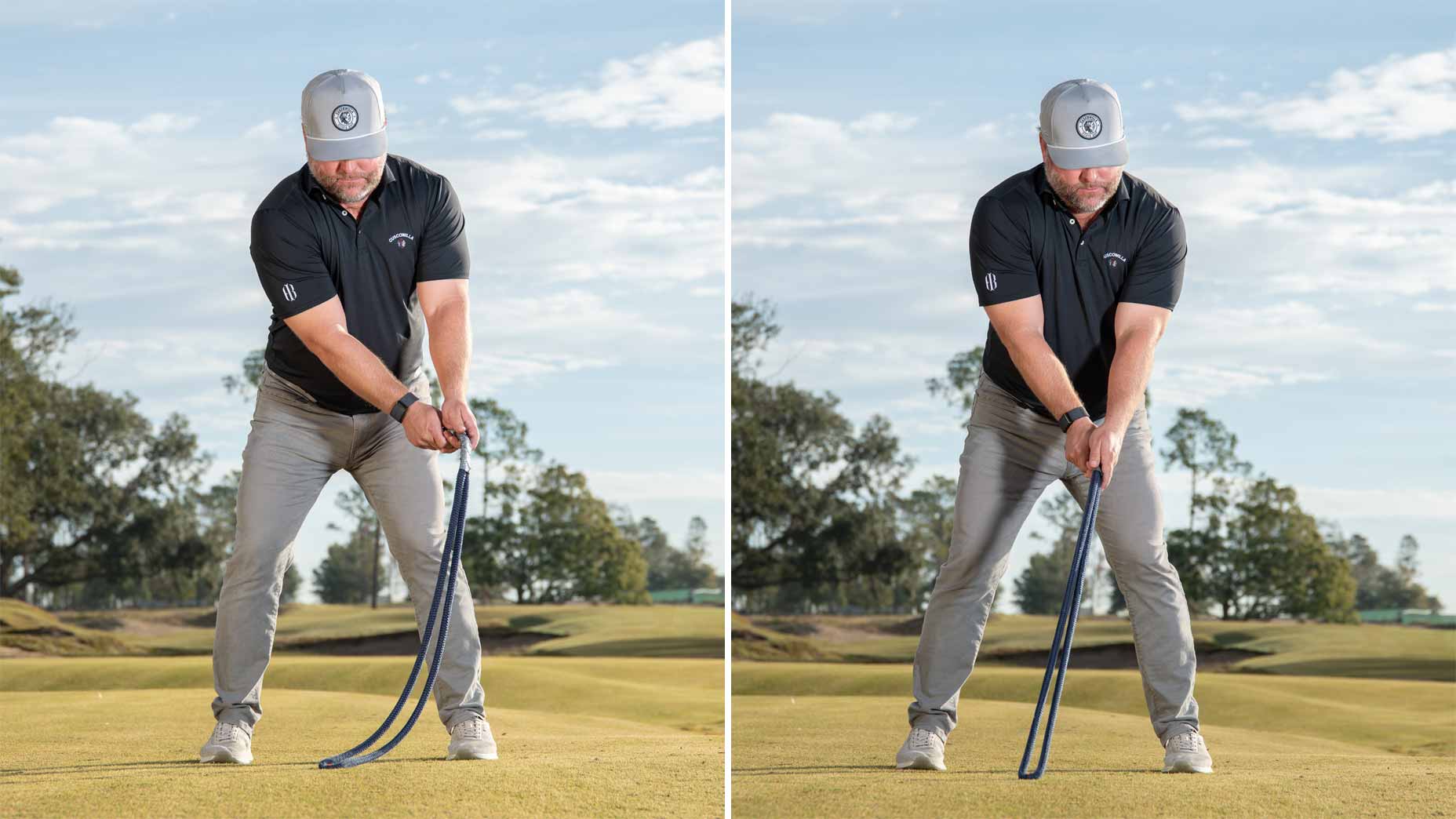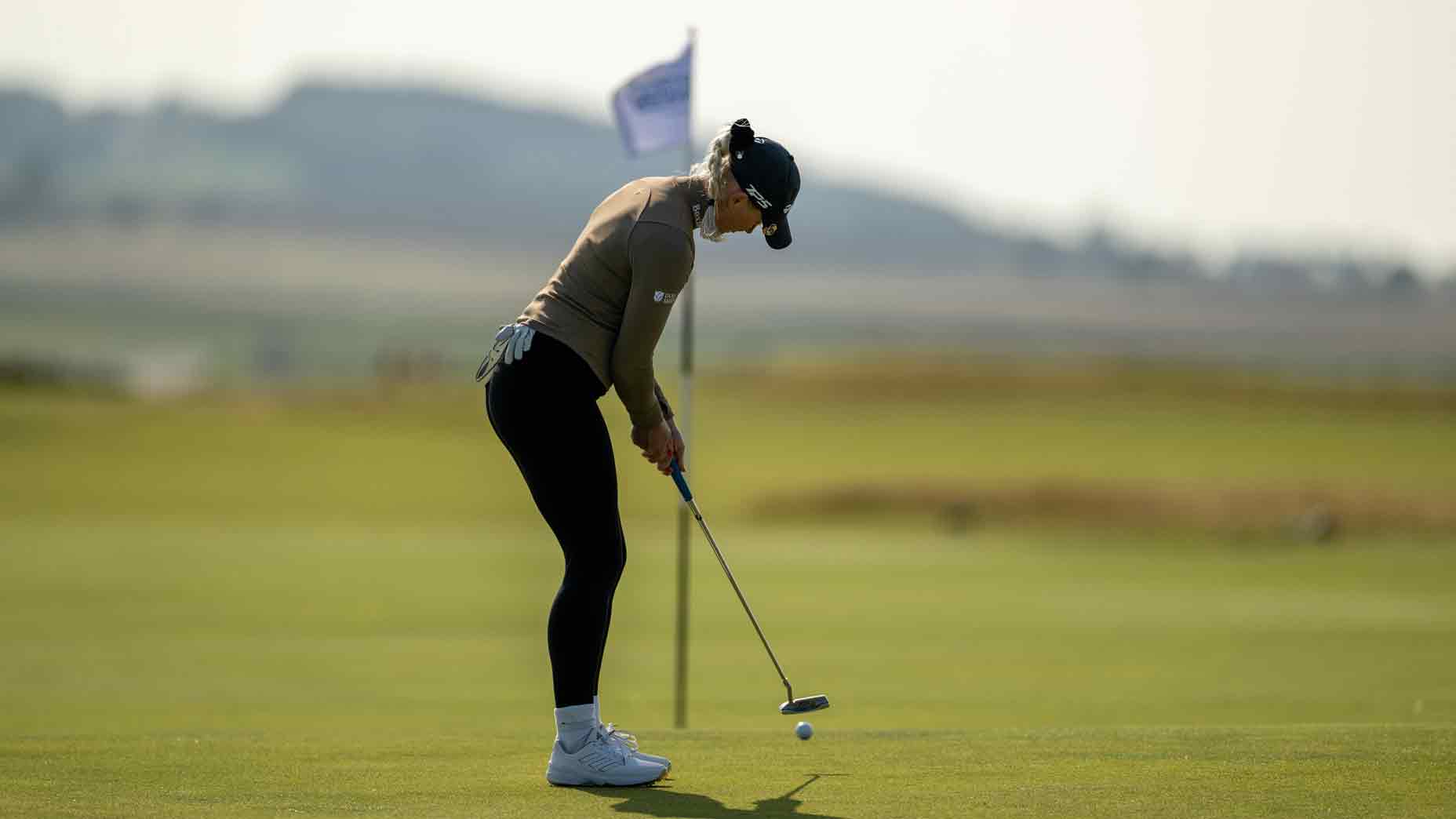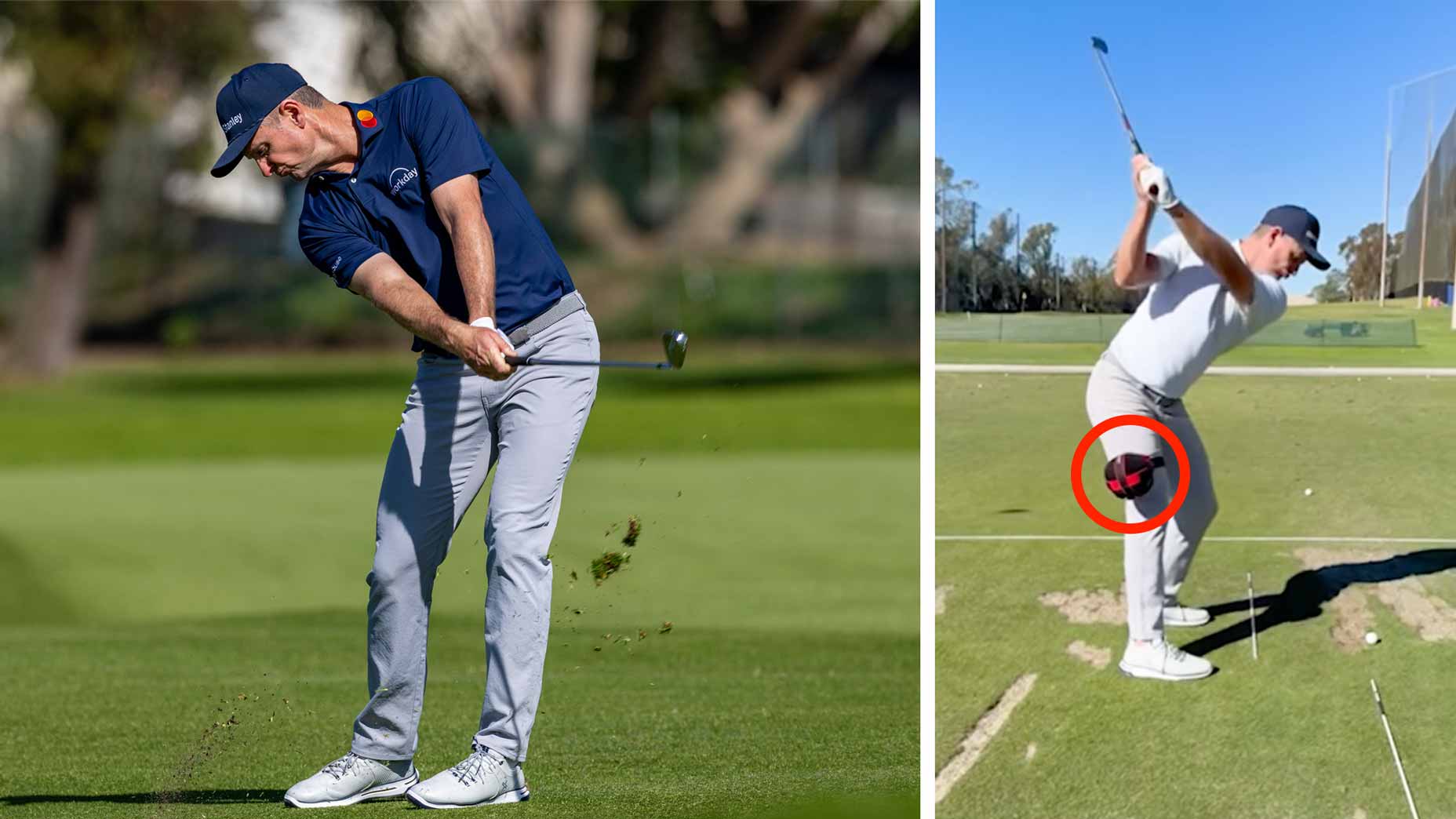When most amateur players think about improving their golf game and lowering their scores, a good percentage of them probably assume the only way to do so is by making swing changes.
Here’s the problem with making swing changes: They can be complicated to understand for the novice golfer, they aren’t always personalized to you, and they take tons of reps in order to implement the consistent feels. Even then, there’s no guarantee you’ll see massive gains as fast as you want to.
Where your head position should be for every type of golf shotBy: Kevin Sprecher, Top 100 Teacher , Nick Dimengo
But improving your golf game without a single swing change is possible — you just need to know what steps to take.
That’s where GOLF Top 100 Teacher Brian Manzella comes in, as he recently sent me some fun pointers to consider when you’re trying to shave strokes off your scorecard.
How to improve your golf game without a swing change
Manzella’s tips actually came a bit unprompted, as I posted the following photo on my Instagram account — which is a screenshot of a text convo between a buddy and me, with my friend looking for three things that can help him get better at golf.
Since I’m far from a golf instructor — not really sure my distinction as a mid-handicapper exactly qualifies me to give golf advice — I tagged a handful of GOLF’s top teachers in the post to get their expert thoughts. Low and behold, Manzella was one who replied, sharing the following advice.
1. Get comfortable with your 7-iron from multiple distances
Anytime you’re between 250 yards and 170 yards from the hole, hit a 7-iron — making it your most-trusted club in the bag. When you learn to hit it pure, it’ll leave you in better positions to drop your scores and remove any tension about using clubs like your woods, which can be tough to hit for many amateurs.
2. Trust in the ‘Texas Wedge’
When it’s possible, putt every ball from off the green when you can’t chip with a hybrid — otherwise known as the Texas Wedge. This will help keep the ball on the ground and avoid any risk of chunking or skulling a chip shot, while also allowing you to better control your distance.
3. Avoid opening it up on wedge shots
Play every 56- or 60-degree wedge shot with the face just a hair closed…even on bunker shots. This not only helps control your ball flight (keeping it lower to the ground), but it produces more of a bump and run, allowing you to use some roll-out once your shot lands on the putting surface.
4. Control your putter face from shorter distances
When putting from inside of five feet, anchor your putter to your lead arm. By doing this, it provides a more stable point for swinging the club, helping control your face in order to hit it square for optimal roll.
5. Use a foot pop
If you’re a player looking to generate more clubhead speed, try lifting your trail foot (just barely) right before your start your swing. This is known as a foot pop, and can help you rotate your hips in order to get a bigger turn in your backswing.
6. Dial it in with your driver before anything else
This goes against conventional wisdom, but practice hitting driver first and then hit your irons. If you’re constantly losing strokes due to poor tee shots or penalties, you need to work on hitting more fairways, which, in effect, will set the foundation for the rest of the hole. When you can avoid searching for your ball in the woods a few times each round, you’ll be in better positions to score lower.
So when you’re looking to improve your golf game and don’t have the time or interest in full-scale swing changes, try using Manzella’s advice above. By playing a little bit smarter and making the game easier for you, you’ll begin to see fewer and fewer strokes in no time.
